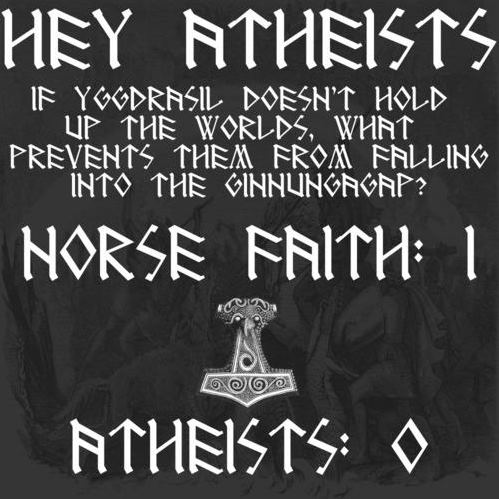The Colbert Report
Get More: Colbert Report Full Episodes,Political Humor & Satire Blog,Video Archive
It’s nice to know that reality is a personal choice now. I choose to believe that laser beams will zap out of my eyeballs and disintegrate McLeroy if ever I see him.




